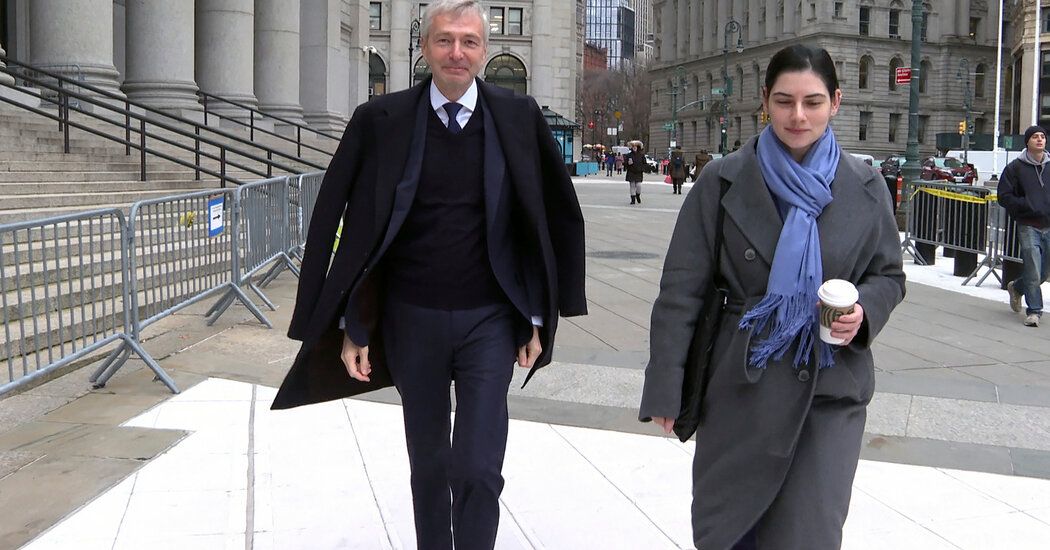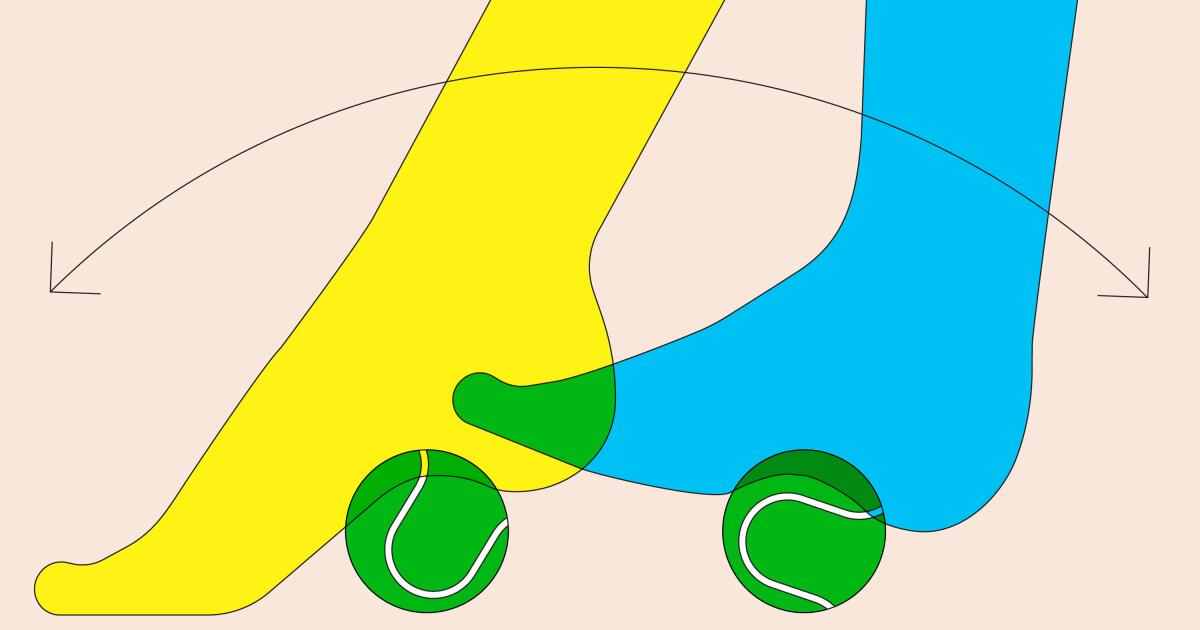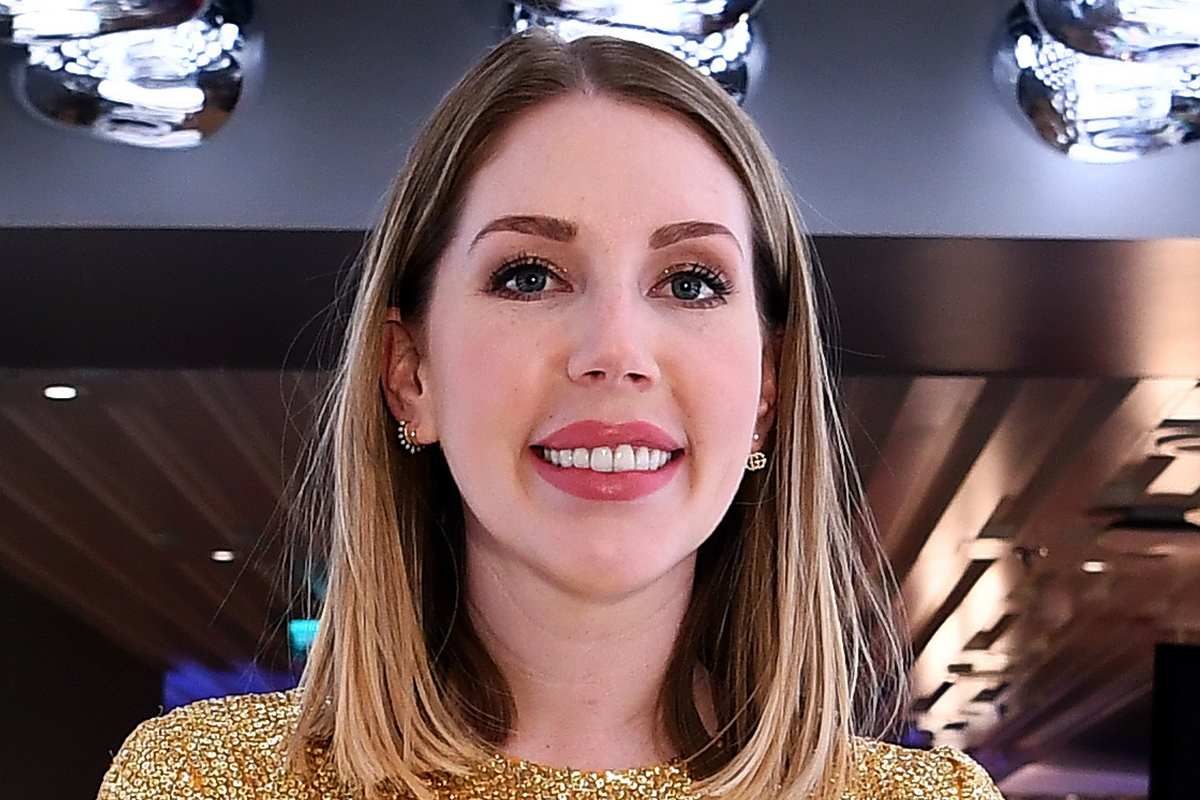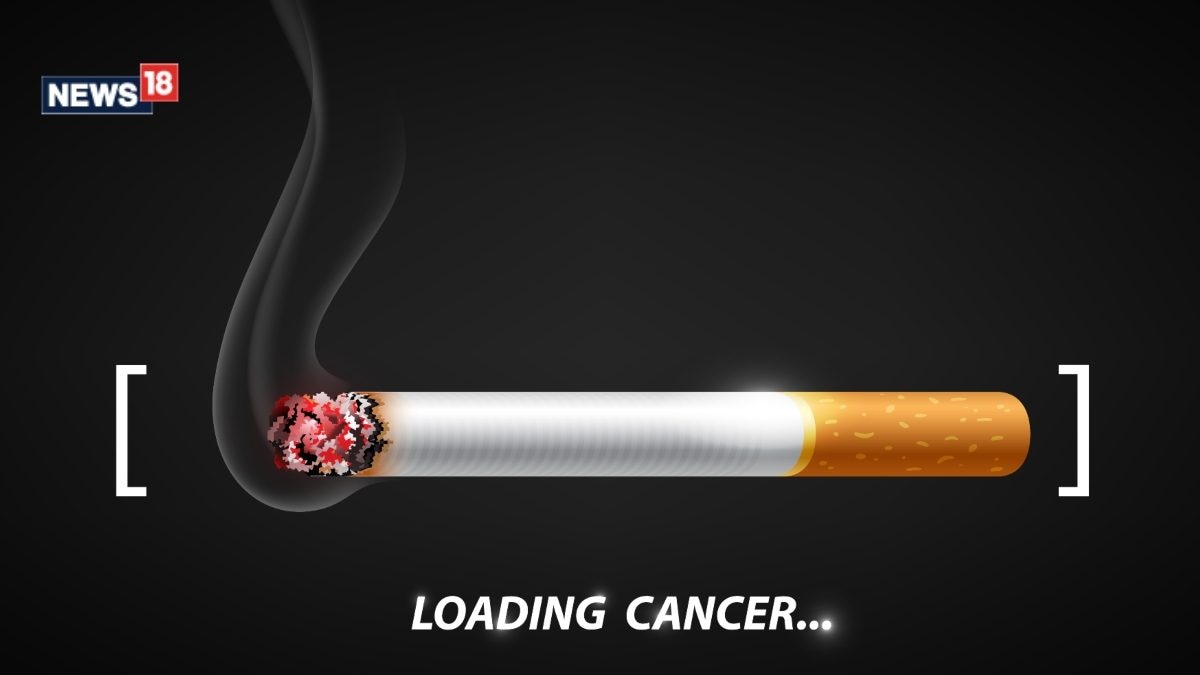Contracts between Rybolovlev’s company and companies owned by Bouvier for four initial art purchases were shown to the court on Tuesday. Bouvier cited the sales contracts as evidence that he was openly acting as dealer and owner of the works of art.
But Sazanov testified that he had not recognized the names of the different companies, which were located in various locations, including the British Virgin Islands and Hong Kong, and that he had no idea they were affiliated with Bouvier. Instead, at the time he believed they represented other third-party owners of the art, he said.
Sazanov said that in subsequent sales facilitated by Bouvier such contracts were dispensed with, as Bouvier became closer friends with Rybolovlev and insisted that formal contracts slowed them down in their pursuit of artistic trophies. As a result, the precise nature of their relationship (buyer and seller or buyer and agent) was never written down. Bouvier sent invoices for his own company’s artwork and Sazonov paid them. But Sazanov said he assumed all the money would be paid to another owner and that Bouvier would make no profit margin. The fact that Bouvier was winning the commission only contributed to the misunderstanding, he said.
Sotheby’s has said that Rybolovlev, a savvy businessman with significant assets, acted unreasonably by relying on what Bouvier was telling him without putting the terms of their relationship in writing or asking for any documents as proof of the prices Bouvier said he had. he was paying to acquire the art for himself.
Rybolovlev had no basis “to accuse Sam Valette, or anyone else at Sotheby’s, of Bouvier’s misconduct,” Sotheby’s lawyer Shudofsky said Monday.
On Tuesday, Sazanov described how Bouvier had sent notes he had received from Valette about works Rybolovlev was purchasing. In the notes, the Sotheby’s expert praised the quality of the artworks or talked about the prices, which Sazonov said made him feel comfortable moving forward with the deals. He felt reassured, he said, about “the importance and quality of the painting that justified a very high price.”
The trial is providing a rare window into the often secret inner workings of the art trade. Rybolovlev attended the proceedings this week, sitting next to his lawyers as he listened through a translator. His lawyers have said he will testify at the trial, which is expected to last about six weeks.











